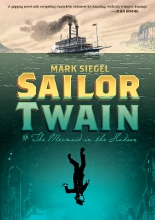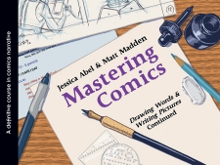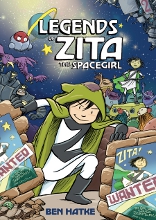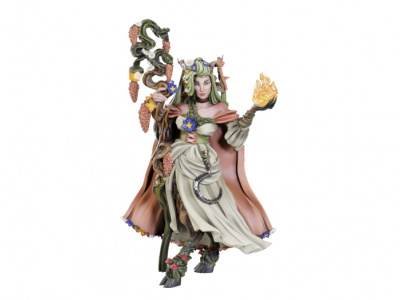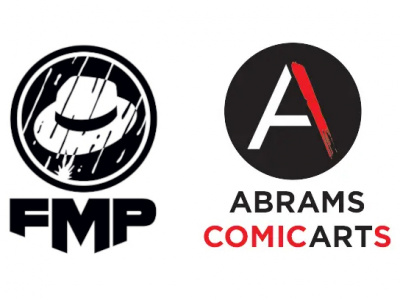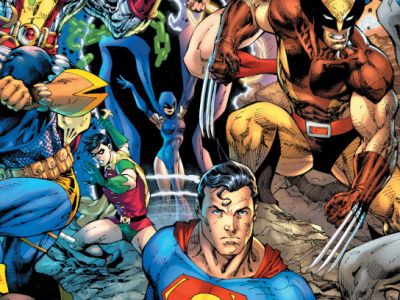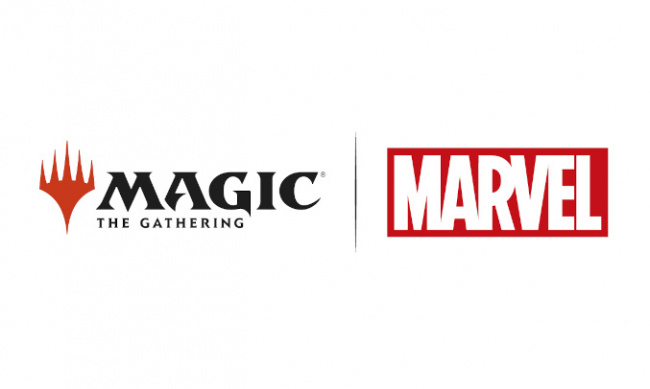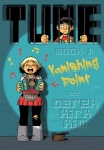 We interviewed Mark Siegel, Editorial Director of First Second, about the best of First Second's upcoming releases and its Webcomics model. In Part 1 of this two part interview, we talked about why the company is topping projections with its releases over the past year.
We interviewed Mark Siegel, Editorial Director of First Second, about the best of First Second's upcoming releases and its Webcomics model. In Part 1 of this two part interview, we talked about why the company is topping projections with its releases over the past year.Can you tell us about fall and winter releases?
In the fall, I'm very excited. I feel like the overall list this year looks like First Second is supposed to look in terms of the three age categories being evenly represented. This fall we have, for example, Tune by Derek Kirk Kim, which is the really fun start of a series that he's also been serializing online.
There's another book called Sumo coming out this fall by Thien Pham. Beautiful, beautiful, amazing--I think the graphics alone are going to astound people. It’s about a washed up American football player who reinvents himself in Japan as a sumo wrestler, which apparently happens and is more common that you think.
I have my own baby coming which is Sailor Twain: Mermaid in the Hudson. That was also a Webcomic. It originally started out as a book project pure and simple, but then the serial idea kicked in and that's turned out to be full of interesting surprises and discoveries. I think what we've learned with the Webcomic is that there's an opportunity with certain projects. Not all of them work, but the ones that do work have a way of building a little community around themselves and that becomes the first line of the book’s champions. So there's no guarantees with it, but when it does take off it does become a force.
You said some things fit the Webcomics model; some don't. Have you figured out why? Well we figured out some things. There's a lot more to discover, but one part is how you serialize. The most popular Webcomics are gag comics because they're easily forwardable; they're self-contained and you catch it when you can. For us, you're talking long form stories, so it's episodic and it's different. Some of them lend themselves to one page every Monday, Wednesday, Friday kind of thing and it works. If it's in the DNA of the project that each page has a bit of a hook or a bit of a surprise ending or something then it can hold the pace and attention of readers.
Some of the other formats we want to explore are like the way FreakAngels did where you dump five pages once a week. Part of the thing is also the investment of the author as an online presence, so if they're blogging along-side of it and engaging with the readers, that's a big feature. Someone like Faith Erin Hicks has a lovely online presence. She has a very personal style and interaction with her readers so they're very loyal, and not everybody has that quality. There's a bunch of these factors that we've been able to pinpoint and say these are ingredients of a successful Webcomic, but the story itself has to work in that way of being broken up. Not all of them do.
The other big book this year is Mastering Comics, which is the second volume of Jessica Abel and Matt Madden's textbook. They teach comics at SVA (School of Visual Arts) and they've distilled their course and their years of experience into these amazing, thorough, exhaustive and authoritative courses that can be for self-study or for the classroom. That's a really phenomenal thing. For First Second the message behind that is that we're investing in the future of the form.
Is Mastering Comics being picked up as a text book other places?
Yeah. The first line is the places that actually teach comics--where there's a comics program. There are about three or four big schools in America that do that like SCAD (Savannah College of Art and Design) and SVA, but then it's also being picked up in other places. Screenwriters are finding a lot of use from it as a visual tool.
And we have a very active program with course adoptions, where with many of our books we have lesson plans. Partly through the Macmillan academic department we're able to push into that field. I found out recently, for example, that American Born Chinese has had over 2,000 course adoptions. If you think each course adoption is like 30-45 copies then it's a big thing. That's this other invisible marketing that's happening. It has a real impact.
The other one I should mention is Marathon, which is an incredible epic in ancient Greece and the origins of the Olympic Games. It's a runner called Eucles who ran from the city of Marathon to Athens to warn of the pending Persian attack and he died in the process. It's a really extraordinary book, really epic sweep. The writer Boaz Yakin is a noted filmmaker who directed Remember the Titans and wrote and directed A Price Above Rubies-- very, very talented. We have another project coming with him.
Then there are two young fantasy titles. There's Broxo, by Zack Giallongo, which is a debut graphic novel, a big long-form graphic novel. It's amazing epic fantasy. It's for the young set, kind of in the Conan the Barbarian space, really, really delightful. And then the second book in the Zita Space Girl series, Legends of Zita, which is by Ben Hatke, who's now a Bluebonnet Award nominee, which has made a really substantial bump in sales on that book. They're both on the young end of the list. We're really proud of those titles. These are two authors I see with a big future ahead of them.
I feel like this year the balance is between some big projects and some experiments as well. It's the way I always hoped First Second would look.
Click here for Part 1.
--Interview by Milton Griepp



